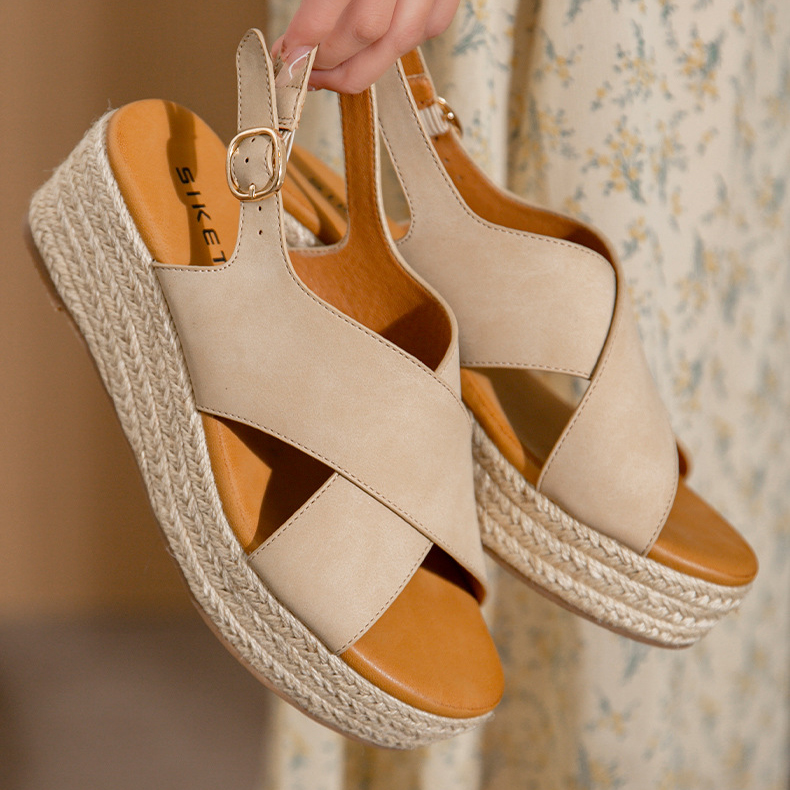
Are Sandal Wholesalers Offering More Sustainable and Eco-Friendly Options?
2023-03-14
As consumers become more conscious of their environmental impact, they are seeking out products that are eco-friendly and sustainable. The fashion industry has been under scrutiny for its impact on the environment, and sandal wholesalers are taking note. In recent years, many sandal wholesalers have been offering more sustainable and eco-friendly options to meet the demands of their customers.

Sustainable Materials Used in Sandal Production
One of the ways that sandal wholesalers are becoming more eco-friendly is by using sustainable materials in their products. Instead of using traditional leather or synthetic materials, they are using materials such as recycled rubber, cork, and plant-based materials like hemp and bamboo. These materials are not only more sustainable, but they are also durable and long-lasting.
Ethical Production Practices
In addition to using sustainable materials, sandal wholesalers are also adopting ethical production practices. This means ensuring that their supply chain is free of forced labor and other human rights abuses. Many wholesalers are also working with Fair Trade organizations to ensure that workers are paid fair wages and work in safe and healthy conditions.
Reducing Carbon Footprint
Sandal wholesalers are also taking steps to reduce their carbon footprint. This can be done by reducing waste in the production process, using renewable energy sources, and reducing transportation emissions. Some wholesalers are even implementing closed-loop production systems, which means that they recycle their own waste into new products, reducing the need for raw materials.
Certifications and Standards
To ensure that their products are truly sustainable and eco-friendly, sandal wholesalers are seeking out certifications and standards. For example, some wholesalers are certified by the Forest Stewardship Council, which ensures that their materials come from sustainably managed forests. Others may be certified by the Global Organic Textile Standard, which ensures that their products are made from organic materials and meet environmental and social criteria.
